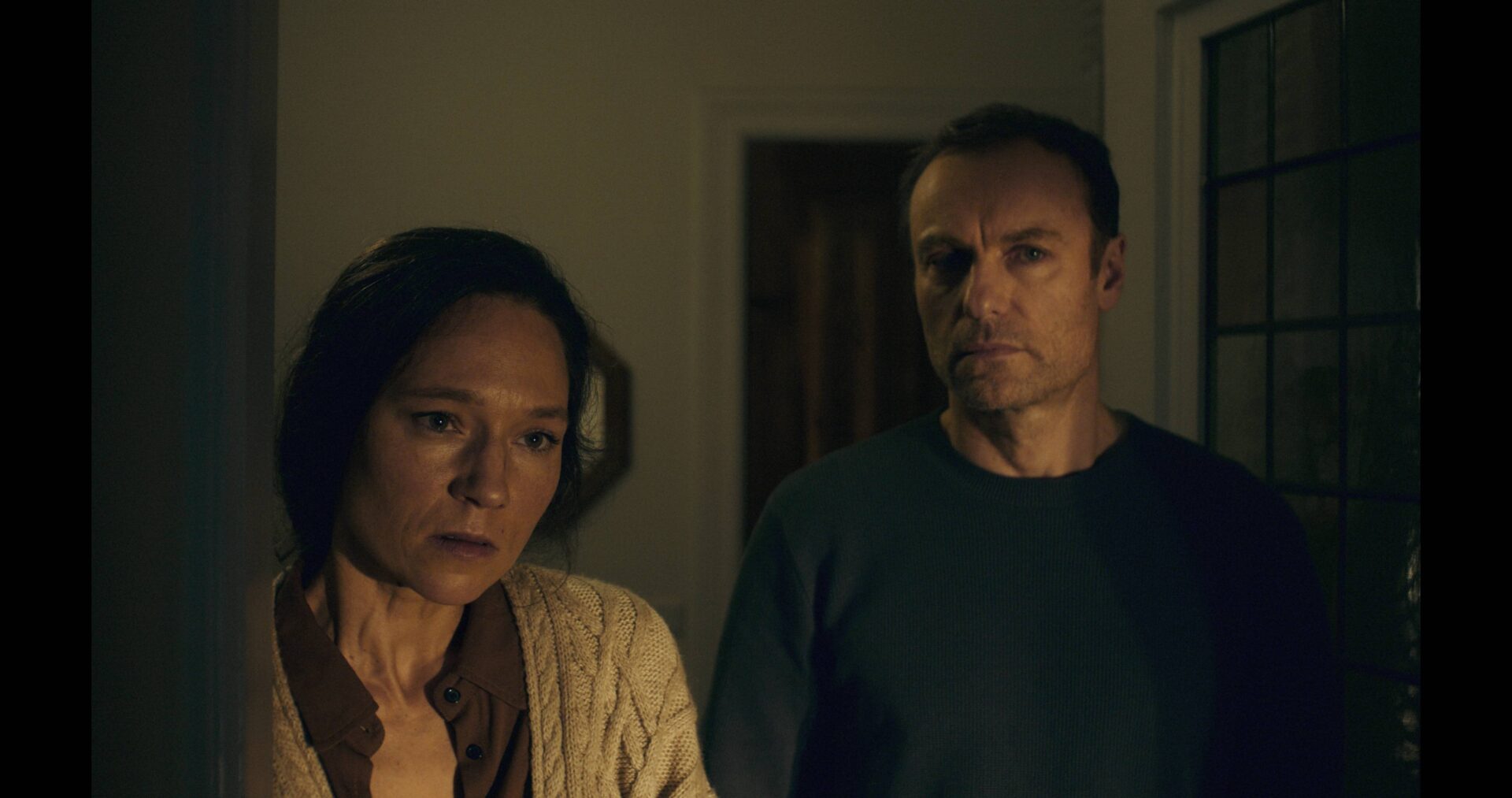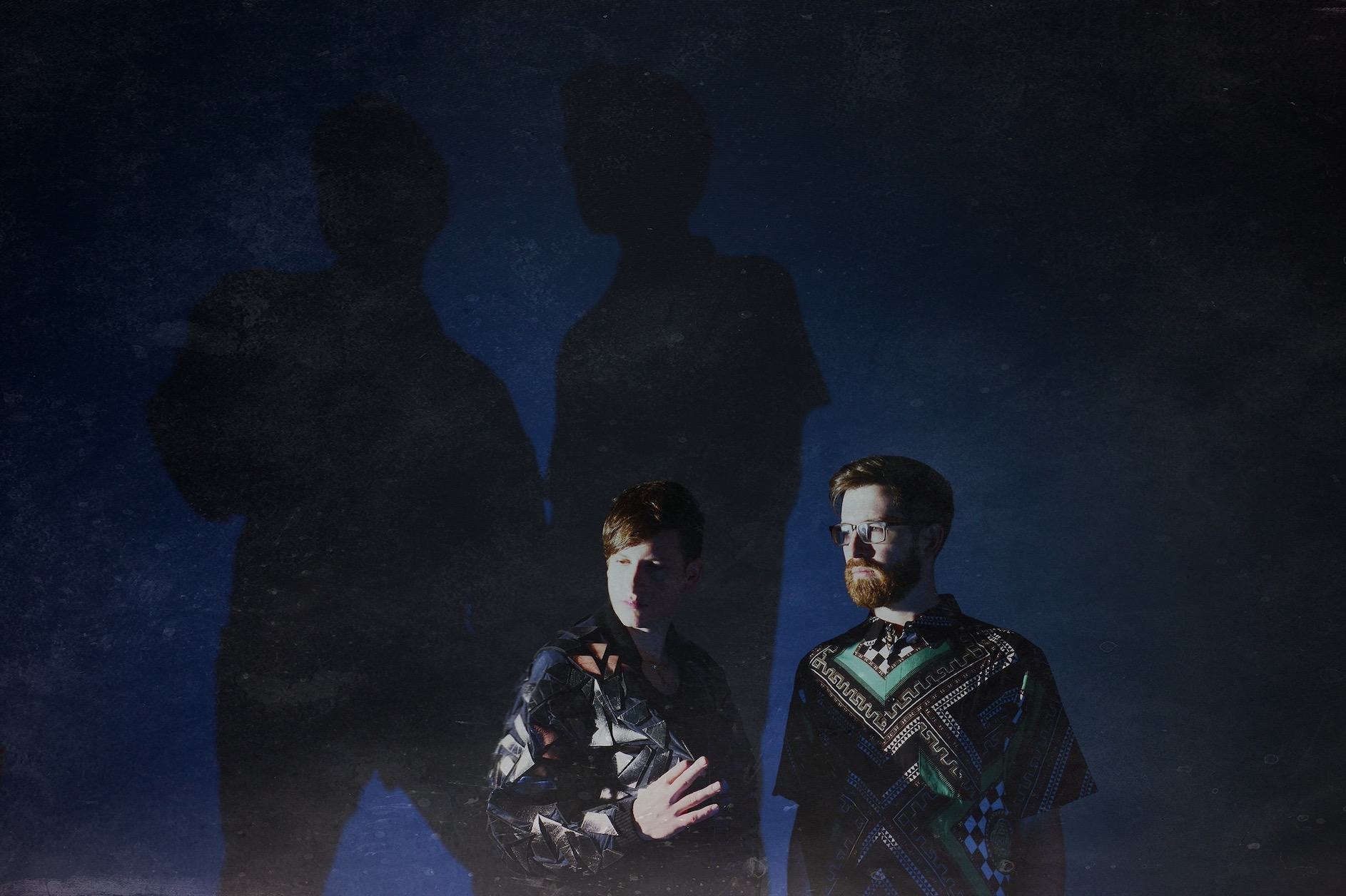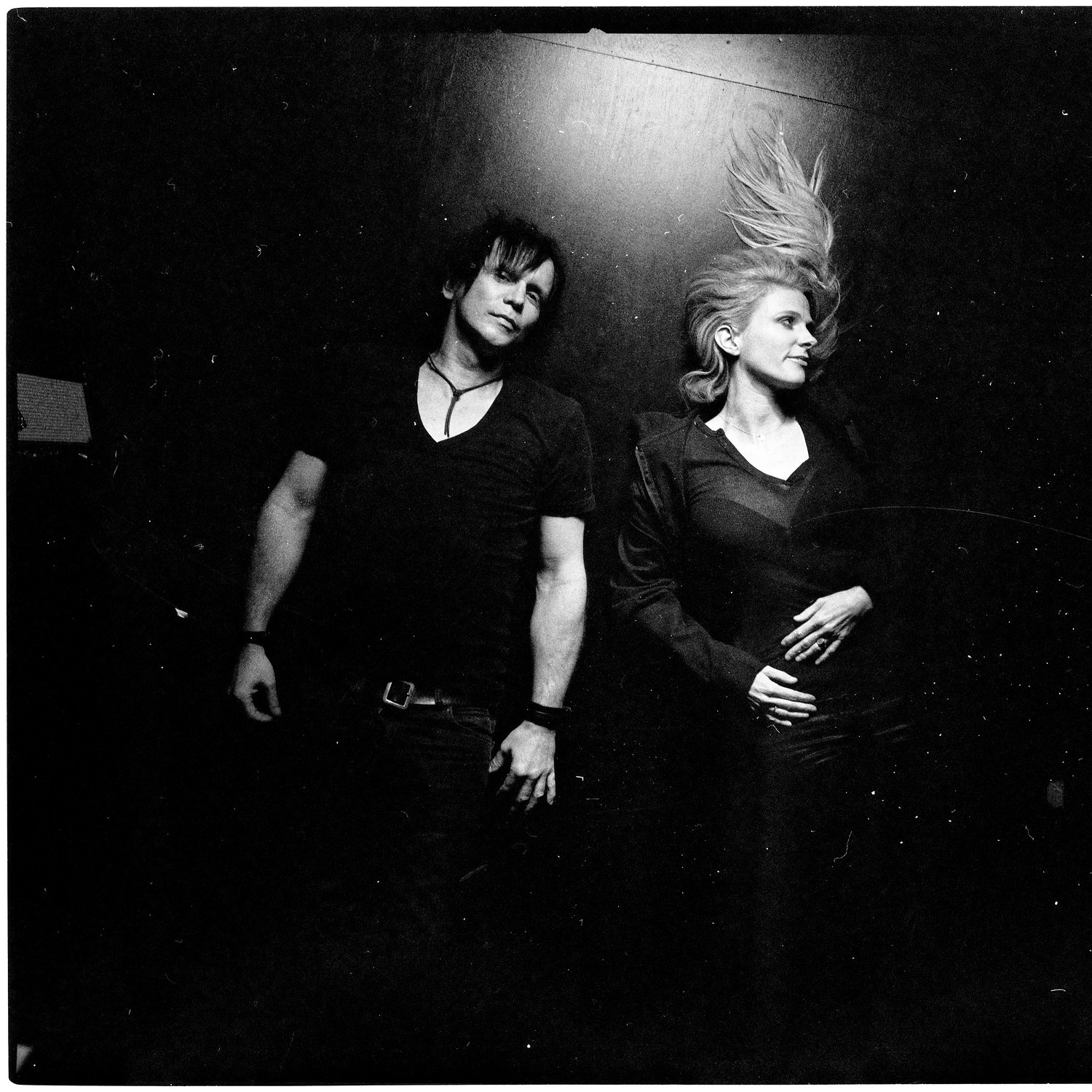If its plot were half as good as its framing device, Human Factors would be one of the must-see films of 2021.
Offering more style than substance, Human Factors explores a single event from five overlapping perspectives to create a unique experience that fails to captivate its audience. It’s a tedious and surprisingly slow slog of a narrative that is mostly void of surprise or intriguing emotional revelations.
When a family getaway is interrupted by a home invasion, the foundation of a once loving household begins to crack. The often unspoken agreements of love and togetherness are suddenly up for debate. There are questions about motives, goals, and emotions bubbling to the surface that previously went ignored in preference of a simple life. But now that everything is different, can anyone bring peace to the family again?
Click here to read more coverage from the 2021 Sundance Film Festival.
The second feature from Writer-Director Ronny Trocker is, at best, a poorly executed attempt at narrative brilliance. Trocker’s attempt to emphasize the influence of perspective on behavior works better in theory than on screen because his script doesn’t do enough to make that point clear. As his story moves from one character’s perspective to another, a flippant disregard for timeline clarity causes otherwise smooth transitions to feel rough. You never know when the story will reset or what point in the journey is occurring when it does. It’s one big game of narrative telephone where each person is adding and subtracting vital information that warps our understanding of the main event instead of providing greater clarity.
That isn’t to say the film is void of anything good. The lead performances from Mark Waschke and Sabine Timoteo do a lot of heavy lifting, as they carry the film’s emptiest moments with all the conviction they can muster. The set decoration from Fabienne Müller is also great, as it too helps fill a mostly vacant world with someone to fixate on while the story rumbles along its journey to nowhere.
It’s clear that Ronny Trocker wants to explore how a single incident can sway multiple lives, but Human Factors never finds a convincing or exciting way to convey that idea. If it weren’t for the cast’s commitment to do what they can with a seemingly blank canvas, this film would have nothing to offer viewers. It’s like an elaborately designed building with nothing inside and no real purpose other than to showcase its architect’s cleverness. Life is too short for such things, so move on and don’t look back.













